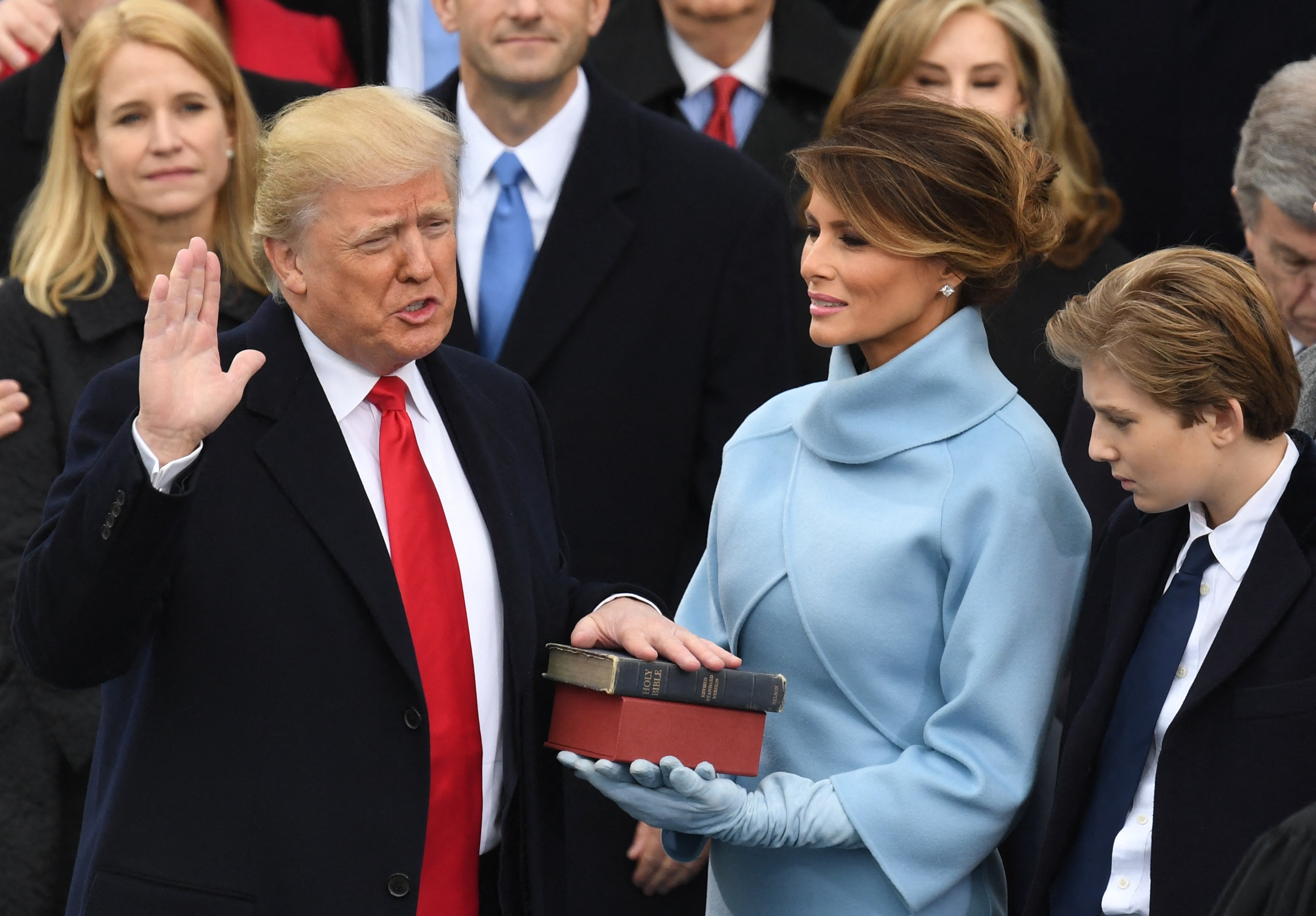The mood surrounding Donald Trump’s inauguration on Monday is very different to the first time round. In 2017 there were liberals in the United States and around the world who behaved as if we were in the end times. They braced themselves for all manner of wickedness – and then the world continued to turn on its axis; nothing much changed.
Mr Trump did not impose tariffs on imports from other countries. He did not build very much of the wall on the southern border of the US. Mexico did not pay for the 47 miles that he did build. He did not shut the US’s borders to Muslims. He did not withdraw from Nato.
As a result, the anticipation of Mr Trump’s presidency is calmer this time – as the president-elect himself has noticed: “In the first term everybody was fighting me. In this term everybody wants to be my friend.”
The danger is that the world is making the opposite mistake, of underestimating the risks of the great disruptor.
Even so, the nervousness in capitals around the world is palpable. In Kyiv the fear is that Mr Trump will be so keen to bring the war to an end – and to secure a peace dividend for the American taxpayer – that they will be forced to accept the loss of one-fifth of their territory with no guarantees for the future.
Viewed from London, Sir Keir Starmer’s government is braced for the kind of embarrassments suffered by Theresa May, with none of the restraint on Mr Trump’s part of his pretended chivalry.
Sir Keir has got off to what might politely be described as a mixed start. He and David Lammy, the foreign secretary, were welcomed to a two-hour dinner with Mr Trump at Trump Tower in New York before the US election. But since then Mr Trump has made his displeasure known, in the manner of a Roman emperor, with a thumbs down for the appointment of Peter Mandelson as ambassador to Washington, and another for the British deal designed to secure the future of the US base on Diego Garcia in the Indian Ocean.
Sir Keir (and Lord Mandelson) may have to take such setbacks on the chin. The Chagos Islands deal seems a bad one and Mr Trump may be doing the right thing by scuppering it.

The more serious threats to British and wider European interests are of tariffs and a forced settlement in Ukraine that emboldens Vladimir Putin. But in both cases Mr Trump’s self-interest is aligned with the outcome that Sir Keir and other European leaders want. The diplomatic trick will be to allow Mr Trump to realise this himself and not to let the noise of the Trump circus get in the way.
Tariffs, as every economist knows, would be bad for the American consumer and bad for US inflation. From the evidence of his first term, Mr Trump knows this too; he is engaged in mere showmanship. As for Ukraine, we know that Mr Trump does not want to appear weak, which is an elementary guarantee that the US will not cave in to Putin too cravenly.
The other reason that Sir Keir should hold his nerve is that the US system tends to give presidents a very short period of effective power. In the midterm elections in 2026, the Republicans are likely to lose their narrow majority in the House of Representatives, and Mr Trump will be a lame duck as we slouch towards the more predictable politics of a JD Vance presidency, or whatever the Democratic Party can muster by 2028.
So far, Mr Trump has not even been sworn in and the fact of his imminent arrival in the White House seems to have forced a deal between Israel and Hamas, by some mysterious alchemy that we do not yet fully understand. So it may be that some good will come of his second term.
Kemi Badenoch, the leader of the opposition, may have gone too far in predicting on Saturday that “he will be a force for good in the world”. But we do know this time not to take all his rhetoric at face value.

